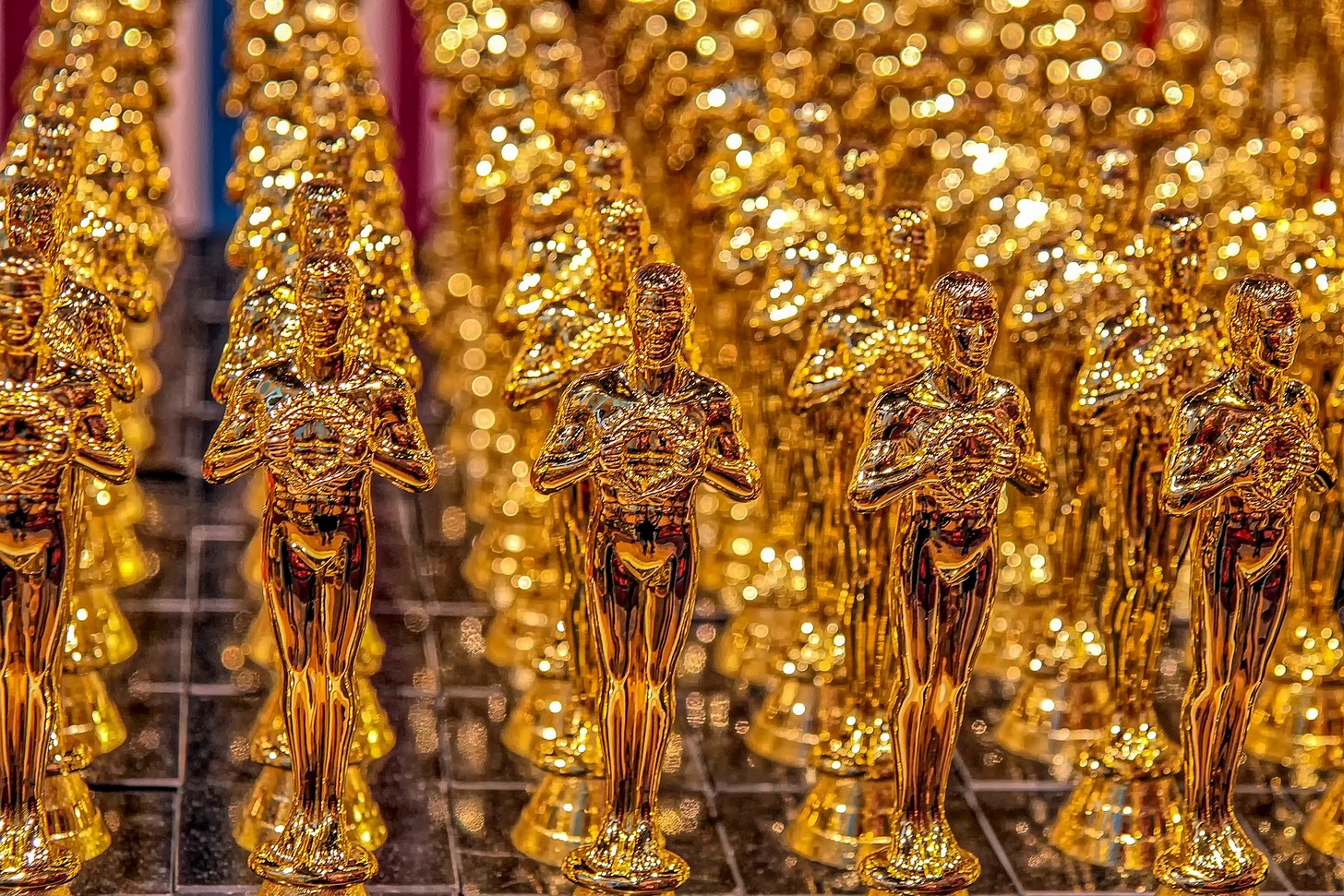Published on 27 Jul 2020 in culture

Have you noticed how often people accepting an award say that they feel humbled?
To be humbled means to be made to feel lowly or insignificant; you’re humbled if you’ve been beaten. It’s the feeling you get of being small when looking at a vast horizon.
It doesn’t square with me that receiving an award can make you feel humbled; attending an event surrounded by people you think are more worthy humbles you, but going on to beat them lifts you up. You’ve been told you’re the best.
From what I can tell, the word humbled is used, instead of “proud” for three reasons.
We’re so used to hearing recipients of awards saying they feel humbled that it feels natural. It’s part of popular culture. I think that this is the reason most people use it.
Virtue signalling - saying you’re humbled makes you sound humble. It’s self effacing, an acknowledgement of unworthiness. “Check me out - I could boast, but I’m humble”; it could only have come from Hollywood or politics.
Due to the above, you actually sound like a dick if you don’t say you’re humbled.
The irony is that you’re only in a position to be humbled when you’re on top. You’ll rarely hear the loser (the most likely person to be humbled) saying that they’re humbled.
Language changes over time and new cultural norms emerge; Hollywood rewrote this one. Oscars 1 : Dictionary 0.
—
Final thought..
Humbled might be turning into a contranym; a word that can mean both something, and its opposite.
A few good examples:
Sick, wicked, badass are all used colloquially as “good or great”.
To dust, can mean to both add dust (like to dust a cake with sugar) and remove dust (to dust a room).
Critical can mean vital to success (eg. a critical component), or disparaging (a critical comment).
If like me you’re interested in these geeky things, more can be found here.